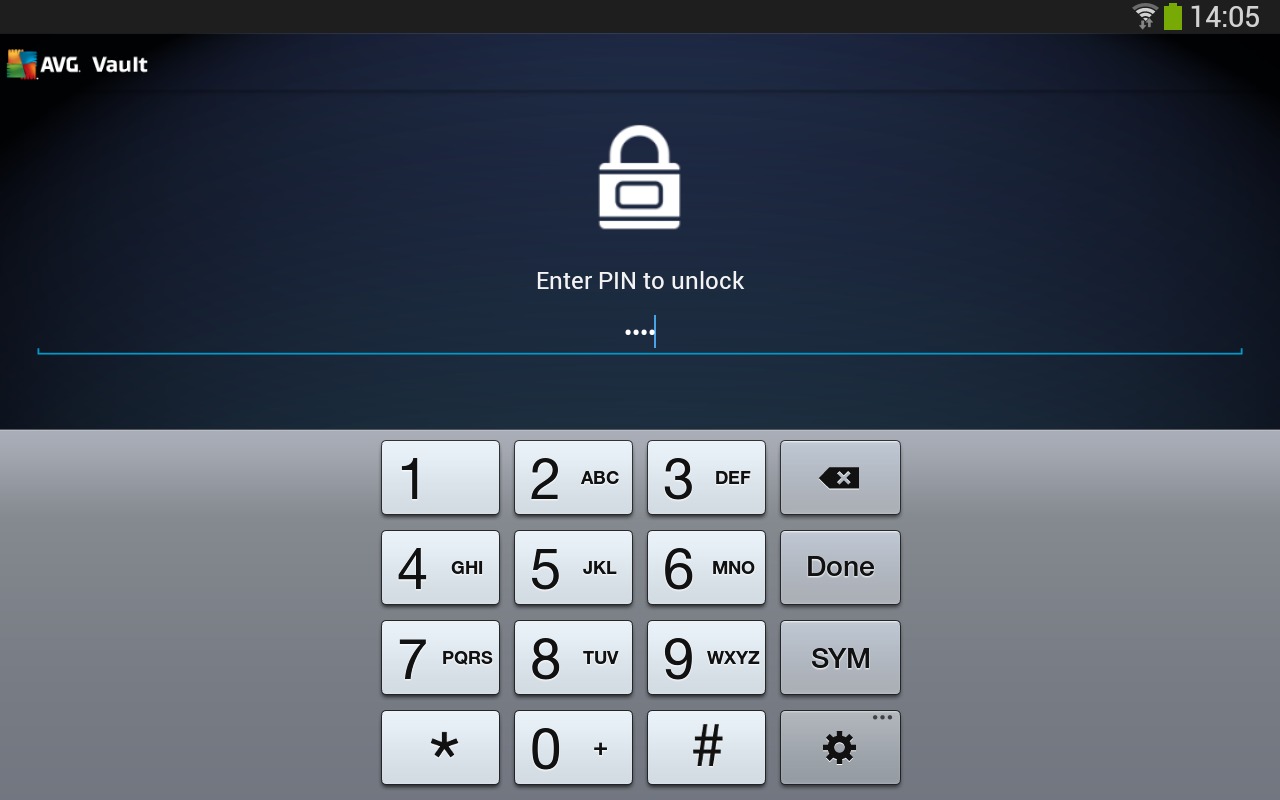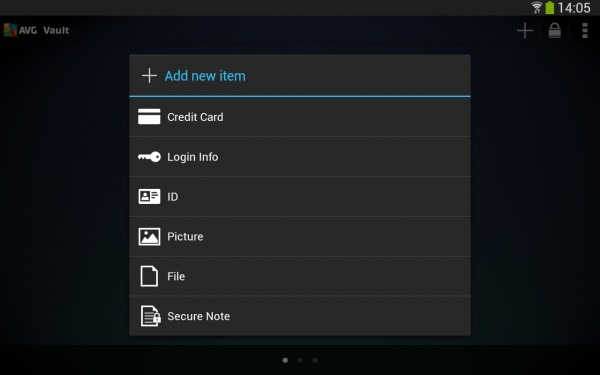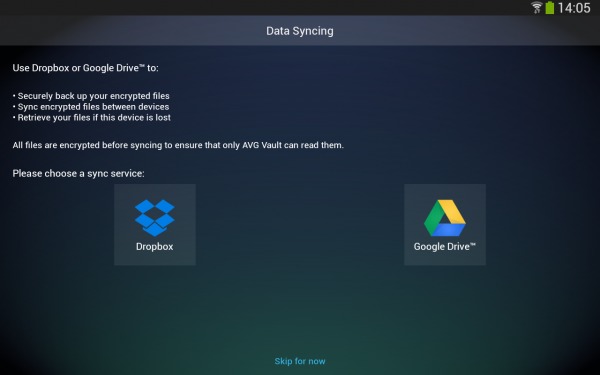
AVG has just announced the latest member of its family of security software and services. With AVG Vault, users can entrust their private files, personal information, photos, and more to a doubly-encrypted storage that can also be securely synced to other devices through the cloud.
As the number of mobile users grow, the amount of personal information stored in these devices, and by extension on the Internet, also grow exponentially. So too the temptation for less conscientious individuals to try to gain access to other people’s sensitive data. Most users, however, are not that vigilant or are put off by complex steps in order to secure their information. AVG Vault tries to address all those concerns by providing users a single storage location for things they want to keep private but, at the same time, offers the convenience of backing them up via popular online storage services like Dropbox and Google Drive.
The key to AVG Vault’s offering is a double layer of security. The first comes via the AES-256 Advanced Encryption Standard, the same encryption standard used by banks and the US government. The second is AVG’s own MyAccount service. The encryption makes use of a custom 4-6 digit PIN that users set up to secure and access their files. This pin isn’t stored anywhere, making it harder to hack but also harder to retrieve, even by AVG itself, in case the user forgot what it is. The types of data that can be stored inside the Vault range from user-supplied information like credit card numbers, login credentials, and notes to more standard types of files like photos and documents. The AVG Vault app itself offers several security features, like an Idle Time Lock that automatically locks the app after a period of inactivity, and an Attempted Access Notification that will take a photo using the front-facing camera and secretly send it to an e-mail address in case the wrong password was entered three times in a row.

One final feature that AVG Vault offers is syncing through the cloud, which some might think defeats the purpose of security and privacy. The difference, however, is that the files stored by AVG Vault in Dropbox or Google Drive are also encrypted, making it impossible to access them outside of the Vault app. This gives users the ability to backup those private files and, in the case of loss, restore them on a new device, without having to worry too much about the security of the cloud service itself.

AVG Vault is available for free on Google Play Store. An AVG MyAccount is required in order to use the service, and of course, separate accounts for Dropbox and Google are needed to use the cloud syncing feature.
Download: AVG Vault on Google Play Store
SOURCE: AVG









